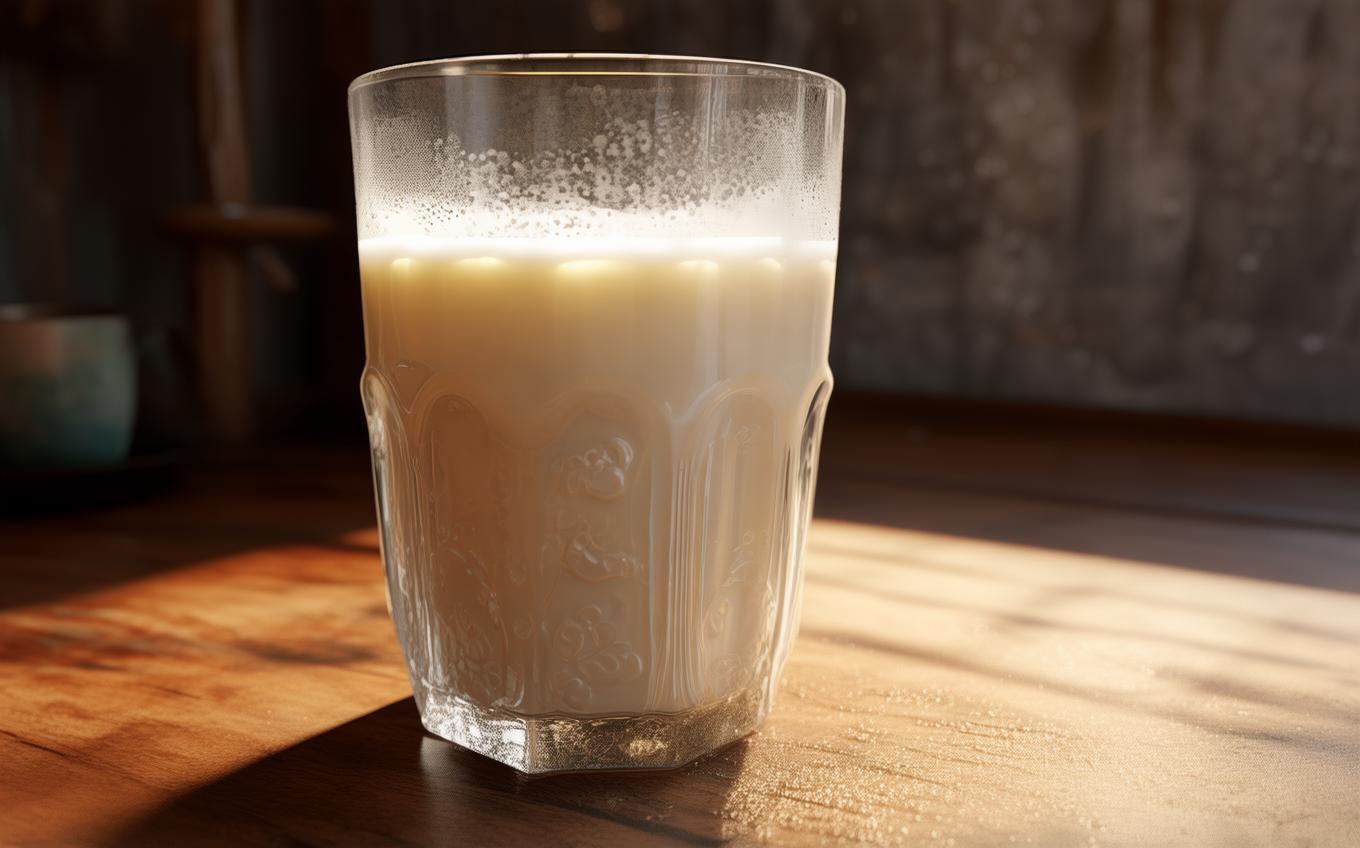Understanding "牛奶" - Chinese Word Explanation
1. Basic Information
- Word: 牛奶
- Pinyin: niú nǎi
- Literal Meaning: "cow milk" (牛 = cow, 奶 = milk)
- Primary Meaning: "milk" (specifically cow's milk, as opposed to other types of milk like goat milk)
2. In-depth Explanation
- Context and Usage:
- 牛奶 is the most common word for "milk" in Chinese and refers specifically to cow's milk. It is used in everyday contexts, such as drinking milk, buying milk, or using milk in cooking.
- In China, milk is often consumed warm, especially for breakfast or before bed, as it is believed to be gentler on the stomach.
-
The word can also appear in compound words, like 牛奶糖 (niú nǎi táng, "milk candy") or 牛奶咖啡 (niú nǎi kā fēi, "milk coffee").
-
Character Breakdown:
- 牛 (niú): means "cow" or "ox." It is also used in words like 牛肉 (niú ròu, "beef").
- 奶 (nǎi): means "milk" or "breast." It can also refer to dairy products, like 奶酪 (nǎi lào, "cheese").
3. Example Sentences
-
Chinese: 我每天早上喝一杯牛奶。
Pinyin: Wǒ měi tiān zǎoshang hē yī bēi niú nǎi.
English: I drink a glass of milk every morning. -
Chinese: 这瓶牛奶过期了。
Pinyin: Zhè píng niú nǎi guò qī le.
English: This bottle of milk is expired. -
Chinese: 你喜欢喝热牛奶还是冷牛奶?
Pinyin: Nǐ xǐhuān hē rè niú nǎi háishì lěng niú nǎi?
English: Do you prefer drinking hot milk or cold milk?
Cultural Notes
- In China, milk consumption has grown significantly in recent decades, partly due to government campaigns promoting dairy for health.
- Traditional Chinese cuisine historically used little dairy, but modern diets, especially in urban areas, now include milk, yogurt, and cheese.
- Warm milk is often recommended for better digestion, reflecting traditional Chinese medicine principles.
Conclusion
牛奶 (niú nǎi) means "cow's milk" and is a staple in modern Chinese diets. Remember that 牛 means "cow," and 奶 means "milk." Use it when talking about drinking, buying, or cooking with milk. Warm milk is especially popular in China for its perceived health benefits.




Comments (0)
No comments yet. Be the first to comment!